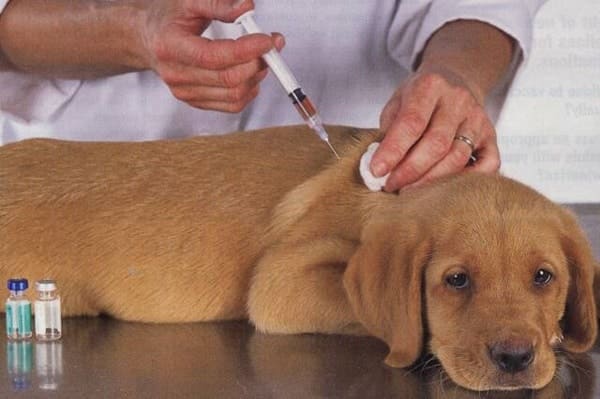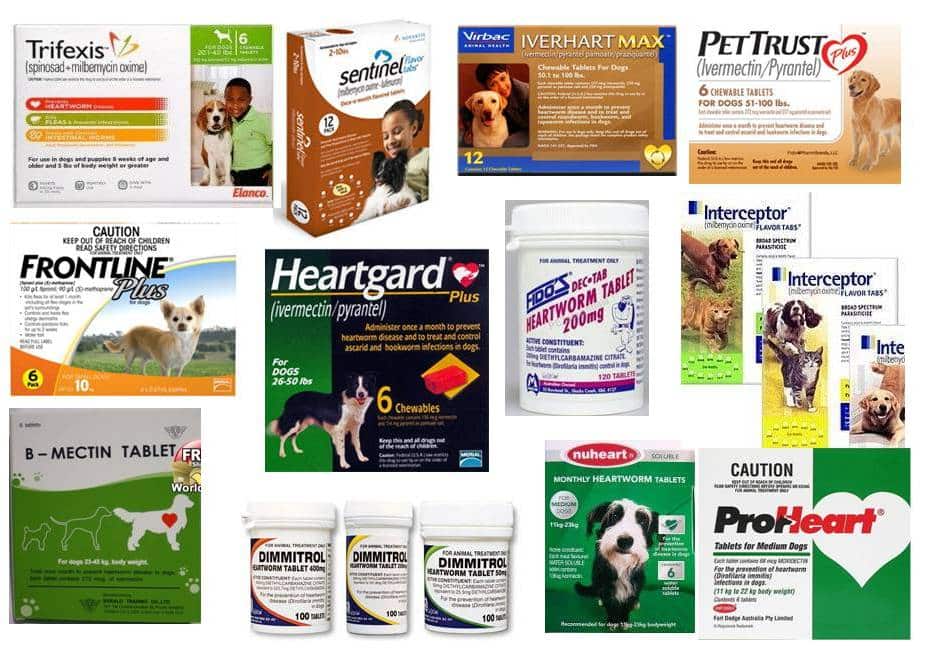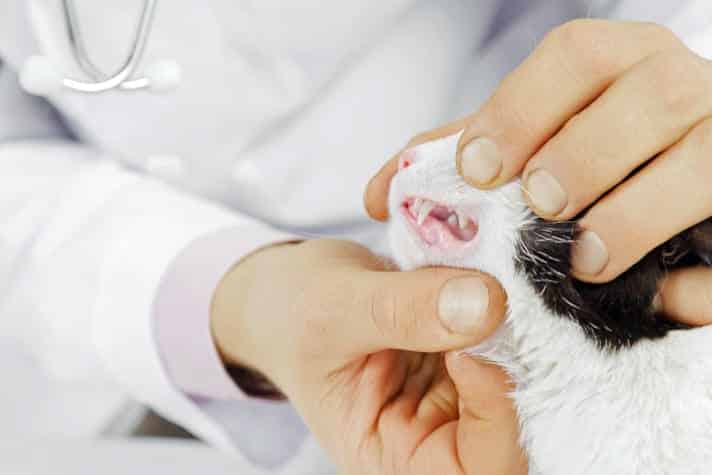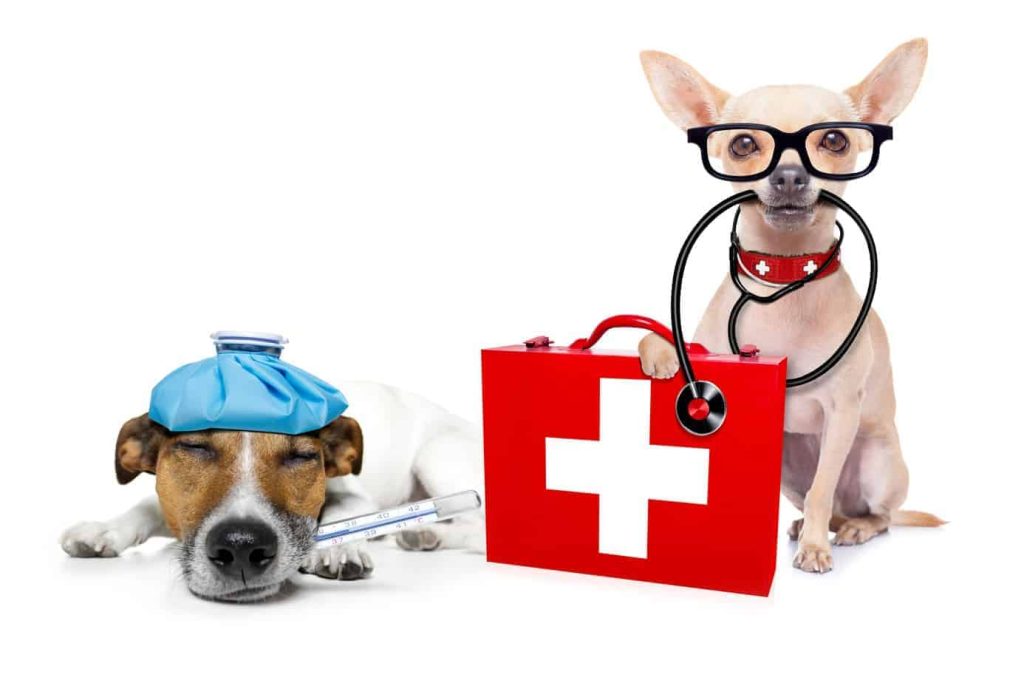Pet health is a topic that can’t be stressed enough, especially given the rising number of pet owners worldwide. As the saying goes, “Prevention is better than cure,” which also holds for our furry friends. This article aims to be a comprehensive guide for pet owners, focusing on essential preventive care measures and common health issues that pets often face. From the importance of regular vet visits to the role of vaccinations, nutrition, and exercise, this post will cover it all. By the end of this read, you’ll be equipped with the knowledge you need to ensure your pet lives a long, healthy, and happy life. So, let’s dive in and explore the various facets of pet health.
The Importance of Regular Vet Visits

Regular vet visits are a cornerstone of preventive care for pets. Just as humans need periodic check-ups to ensure their health, pets also require consistent medical attention. During a typical vet visit, your pet will undergo a thorough physical examination, including blood tests, urine tests, and other diagnostic procedures. These visits are crucial for early detection of potential health issues, allowing for timely intervention and treatment.
Moreover, regular vet visits are an excellent opportunity for pet owners to consult with professionals about concerns. Discussing these matters with a vet can provide valuable insights, whether it’s a change in behavior, diet, or activity level. The frequency of these visits may vary depending on the pet’s age, breed, and overall health condition, but generally, an annual check-up is recommended for most adult pets.
Vaccinations and Your Pet

Vaccinations play a vital role in safeguarding your pet against various diseases. These biological preparations stimulate the immune system to recognize and fight off specific pathogens. Core vaccines like rabies, distemper, and parvovirus are essential for dogs. Conversely, cats should be vaccinated against feline panleukopenia, calicivirus, and feline herpesvirus type 1.
Sticking to a vaccination schedule is crucial for maintaining your pet’s health. Puppies and kittens usually start their vaccination series at around six to eight weeks of age and complete it by 16 weeks. After that, booster shots are generally required at regular intervals. Failure to adhere to the vaccination schedule can leave your pet vulnerable to diseases, some of which can be fatal.
Nutritional Needs

Proper nutrition is fundamental to your pet’s well-being. The type of food your pet needs can vary based on several factors, including age, breed, and health condition. For instance, puppies and kittens require food rich in proteins and fats to support their rapid growth, while senior pets may need a diet lower in calories but rich in fiber and essential nutrients. Always consult your vet for personalized dietary recommendations for your pet.
Poor nutrition can lead to various health issues, including obesity, malnutrition, and specific nutrient deficiencies or toxicities. Obesity is a growing concern among pets and can lead to severe health problems like diabetes, heart disease, and joint issues. Conversely, malnutrition can result in stunted growth, weakened immune systems, and increased disease susceptibility. Therefore, providing a balanced diet that meets all your pet’s nutritional needs is crucial.
Exercise and Mental Stimulation

Exercise is not just about keeping your pet physically fit; it’s also about mental well-being. A lack of physical activity can lead to various health issues, including obesity, heart disease, and even behavioral problems. Dogs, for example, benefit from regular walks, runs, and playtime, while cats may prefer interactive toys and indoor climbing structures. The amount and type of exercise suitable for your pet depends on age, breed, and health condition.
Mental stimulation is equally important for pets. Boredom and lack of engagement can lead to behavioral issues like excessive barking, chewing, or scratching. Toys, puzzles, and regular interaction with humans or other pets can stimulate your pet mentally. Some pets may even enjoy more advanced forms of mental stimulation like agility training or scent games. Providing a stimulating environment can go a long way in keeping your pet physically and mentally healthy.
Parasite Prevention

Parasites like fleas, ticks, and worms are more than just a nuisance; they can pose serious health risks to your pet. Fleas, for example, can transmit tapeworms and cause allergic reactions, while ticks can carry diseases like Lyme disease. Internal parasites like heartworms can be fatal if not treated in time. Preventive measures such as flea and tick collars, topical treatments, and oral medications can help keep these parasites at bay.
It’s essential to consult your vet for the most suitable parasite prevention plan for your pet. The choice of preventive measures may depend on various factors, including the pet’s age, health condition, and lifestyle. Some treatments are more effective against certain parasites than others, so a tailored approach is often necessary. Regular check-ups can also help in early detection and treatment of parasitic infestations.
Dental Care for Pets

Dental care is often overlooked but is a crucial aspect of pet health. Poor dental hygiene can lead to various problems like plaque buildup, gum disease, and even tooth loss. Symptoms of dental issues may include bad breath, difficulty eating, and visible tartar on the teeth. Regular brushing and dental treats can help maintain your pet’s oral health.
However, some pets may require more intensive dental care, including professional cleanings and, in extreme cases, extractions. It’s advisable to consult your vet for a comprehensive dental check-up at least once a year. This will help in early detection and treatment of any dental issues, ensuring that your pet’s pearly whites stay healthy for years.
Recognizing Signs of Illness

Despite all preventive measures, pets can still fall ill. Early detection is key to effective treatment, so it’s crucial to recognize the signs of illness in your pet. Common symptoms may include lethargy, loss of appetite, vomiting, diarrhea, and changes in behavior. If you notice any of these signs, it’s advisable to consult your vet immediately for a thorough examination and appropriate treatment.
Knowing when to seek veterinary help can be a lifesaver. Some symptoms may be subtle and easily overlooked, but they can indicate underlying health issues that require immediate attention. Regular vet visits and a keen eye for changes in your pet’s behavior or physical condition can ensure timely medical intervention.
Emergency Situations

Emergencies can happen anytime, and being prepared can make all the difference. Situations like severe trauma, difficulty breathing, seizures, or ingestion of toxic substances require immediate veterinary attention. In such cases, having an emergency vet contact and a basic pet first aid kit is crucial.
Knowing what to do in an emergency can be crucial for your pet’s survival. While waiting for veterinary care, basic first aid measures can be administered to stabilize the pet’s condition. However, it’s essential to consult a vet for proper diagnosis and treatment as soon as possible. Time is of the essence in emergencies, and prompt action can save your pet’s life.
The Bottom Line
Pet health is a multifaceted subject encompassing various aspects, from preventive care measures like regular vet visits and vaccinations to addressing common health issues like nutritional needs and parasite prevention. This blog post aims to provide a comprehensive guide to pet owners, covering essential topics that contribute to a pet’s overall well-being. Remember, a healthy pet is a happy pet, and taking proactive steps to ensure their health will reward you with years of companionship and unconditional love. So, don’t wait; implement these tips today to give your pet the healthy, happy life they deserve.